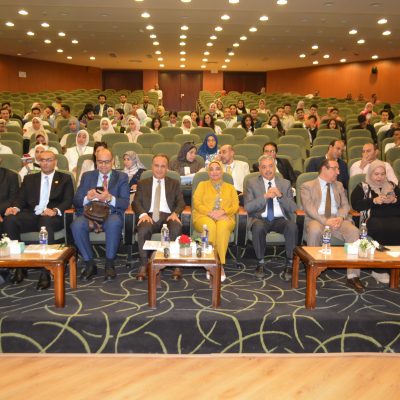- Home
- About
- Institutions
- Facilities
- People
- Researchers
- Genetic Engineering and Biotechnology Research Institute
- Informatics Research Institute
- Advanced Technology and New Materials Research Institute
- Arid Lands Cultivation Research Institute
- Environment and Natural Materials Research Institute
- Pharmaceutical and Fermentation Industries Development Center
- Technological Capabilities Development Center
- Intellectual Property Office
- Entrepreneurship Club
- IRI Data Center
- Children’s University
- Professional Associates
- Genetic Engineering and Biotechnology Research Institute
- Informatics Research Institute
- Advanced Technology and New Materials Research Institute
- Arid Lands Cultivation Research Institute
- Environment and Natural Materials Research Institute
- Pharmaceutical and Fermentation Industries Development Center
- Technological Capabilities Development Center
- Intellectual Property Office
- Entrepreneurship Club
- IRI Data Center
- Children’s University
- Administrations
- Genetic Engineering and Biotechnology Research Institute
- Informatics Research Institute
- Advanced Technology and New Materials Research Institute
- Arid Lands Cultivation Research Institute
- Environment and Natural Materials Research Institute
- Pharmaceutical and Fermentation Industries Development Center
- Technological Capabilities Development Center
- Intellectual Property Office
- Entrepreneurship Club
- IRI Data Center
- Children’s University
- Researchers
- Media
- Training
- Innovation



